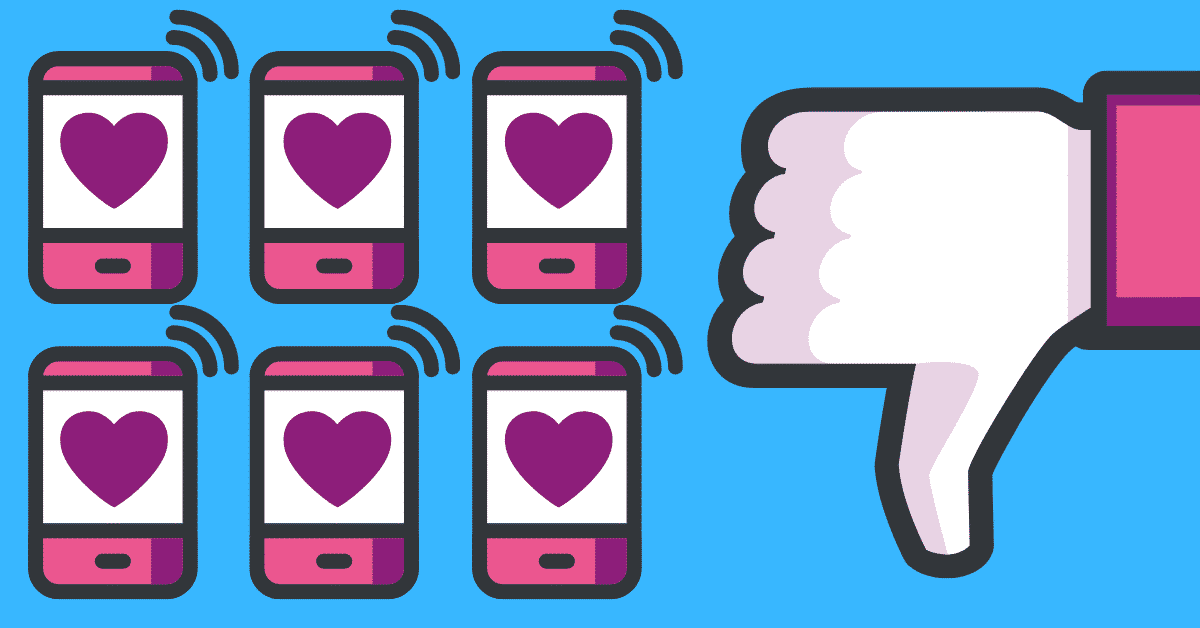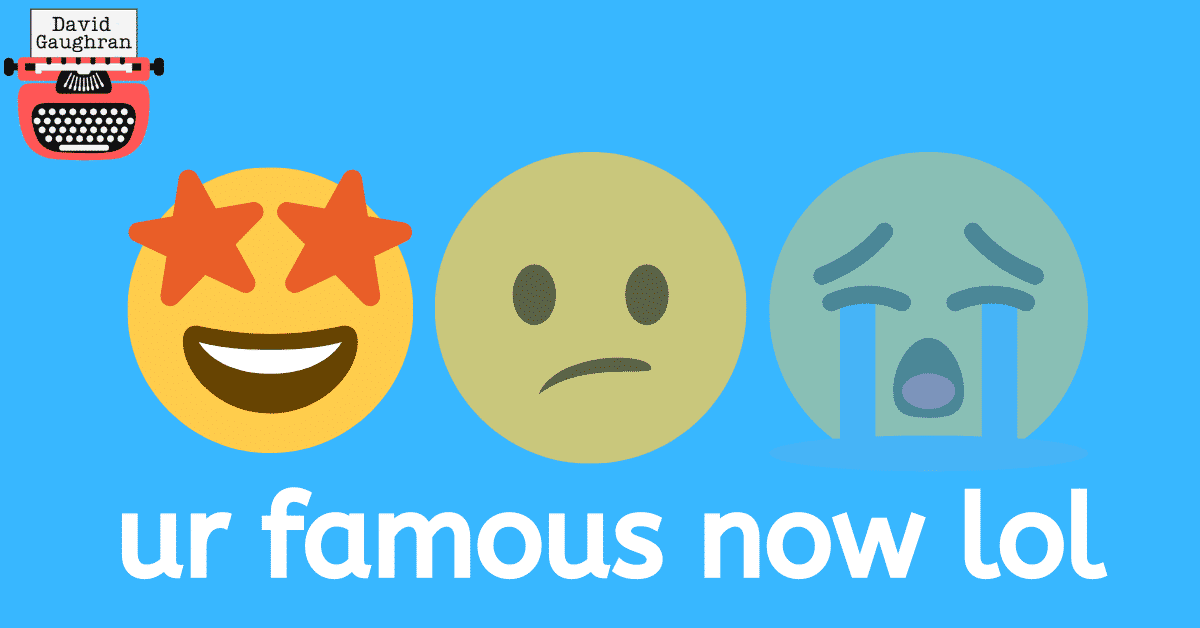
Facebook Engagement Bait and Shadow Bans
Websites try to keep your attention as long as possible, but the stakes are higher on Facebook where a drop in engagement can cost millions of dollars. Or FACEBOOK as it now insists on calling itself, like a shouty man outside a pub.
Content which keeps people on Facebook – like video or pictures – gets much more organic reach than content which sends people away, such as a link to your books on Amazon. Not only that, Facebook will also give preference to content which is genuinely engaging.
Please note the emphasis.
Facebook doesn’t have an army of humans sifting through the billions of pieces of content on Facebook and giving a gold star to the best of it – AI does the heavy lifting here. The way the system measures engagement is necessarily crude: what is getting Likes, comments, and shares?
In simple terms, people want engaging content and Facebook wants to show them content with high engagement, so if you can post content which triggers good engagement levels, then that content will get much more visibility.
And visibility can be worth a lot of money, of course. Read More…

Going Viral: A User’s Guide
What truly makes something go viral? It’s hard to say.
Sure, afterwards, we can all point to something — with the crystal clear vision bestowed by hindsight — and list off elements which contributed to the explosion: it had a cute dog bouncing on a trampoline or just the right amount of indignation, it was funny and there was a well chosen emoji, it was topical or it tapped into some lingering but unspoken resentment about a hot button issue… that list could go on forever.
Trying to assemble a Franken-thing that ticks all those boxes will quickly show you that this retrospective diagnosis is missing something — the X-factor that makes one thing go viral and another thing, which was very like it (or even “superior” in many ways), do the exact opposite. Read More…
^
